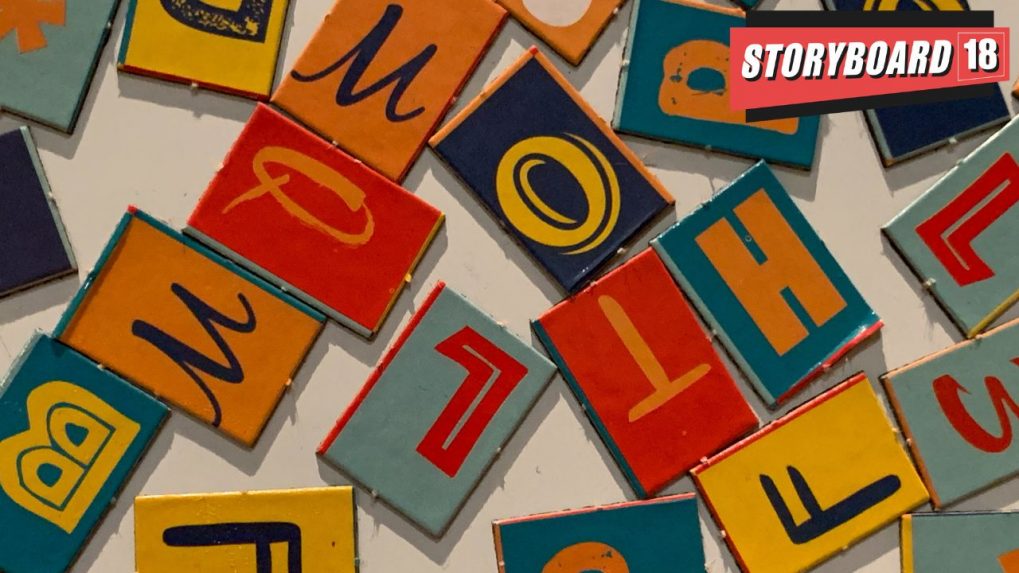Duolingo's new campaign #EnglishMeinNahiJamta celebrates linguistic diversity
68 percent urban Indians agree that there are certain phrases or words in a language that convey nuanced meanings which cannot be fully translated or expressed in English.
ADVERTISEMENT
Duolingo has launched a campaign '#EnglishMeinNahiJamta' aimed at celebrating the untranslatable magic of words and phrases that capture the true essence of certain emotions in those specific languages. From the sheer delight of terms like "lallantop" (meaning ‘Superb’) to the heartwarming sweetness of "mishti," the campaign unearthed linguistic gems that unlocked a world of emotions and feelings for India to savour.
The campaign commenced with an interactive frenzy on Duolingo India’s Instagram page, inviting users to embark on a journey of linguistic discoveries. Guided by beloved characters Duo and Lily, users eagerly shared treasured words from their regional dialects that lost their magic when translated to English. These words provided intriguing glimpses into varied human experiences, fostering a deeper appreciation for linguistic diversity. For instance, take the Hindi word ‘Halwa’ meaning ‘Easy’ which is used in a sentence as ‘Halwa hai kya’ meaning ‘do you think it's easy?’
The linguistic parade continued with submissions surfacing exciting phrases like Precipitevolissimevolmente (meaning "Extremely Fast" in Italian), Sayonara (translating to "Goodbye" in Japanese), Khalis (representing "Genuine" in Arabic). Gujaratis chimed in with 'Dobi' (referring to "stupid"), Bengalis added a sprinkle of sweetness with 'Mishti' (describing "sweet"), and Telugus contributed 'bokulu' (meaning "utensils").
Karandeep Singh Kapany, Regional Marketing Director, Duolingo, stated “At Duolingo, we understand that languages are more than just communication tools—they're expressions of culture, emotion, and identity. Our '#EnglishMeinNahiJamta' campaign celebrates this beauty by highlighting words that defy translation and reflects a growing appreciation for linguistic diversity. Through initiatives like this, we empower individuals to embrace expression, enrich lives and foster global connections.”
Collaborating with YouGov, Duolingo conducted a comprehensive survey to gauge the attitudes of urban Indians towards language and expression, unveiling a burgeoning appreciation for linguistic diversity in the country. Findings from the survey revealed that over half (51%) of Indians often incorporate unique phrases (from different languages) into their daily conversations. Additionally, over two-thirds (68%) of urban Indians agree that there are certain phrases or words in a language that convey nuanced meanings which cannot be fully translated or expressed in English; while an equal percentage (69%) admitted to using language-specific phrases or words that cannot be fully translated into English to articulate emotions/feelings (happy/sad) or engage in conversations with family and friends. Furthermore, 51% confessed to using these expressions as terms of endearment or love language or to inject humour and wit into their interactions.

